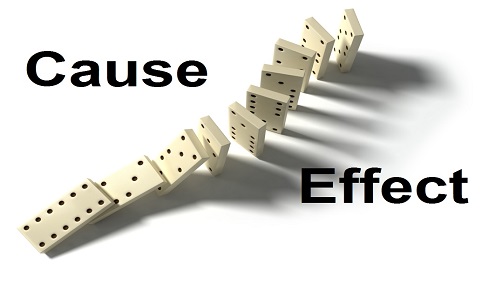How can a person who has practiced virtue his entire life be reborn in the lower realms?
Well, although the person may have been virtuous throughout this life, we do not know anything about this person’s previous lives. Maybe the person had been virtuous in this as well as the last two lifetimes, but this might not still be the case if we could go back even further. Some negative karma might have been committed many lifetimes ago. From the perspective of the three types of immutable karma, virtuous karma that the person had committed in this life happens to ripen not in the current or the next life, but in yet unknown future lives. That is, it may not come to fruition until perhaps hundreds or even thousands of years later.











